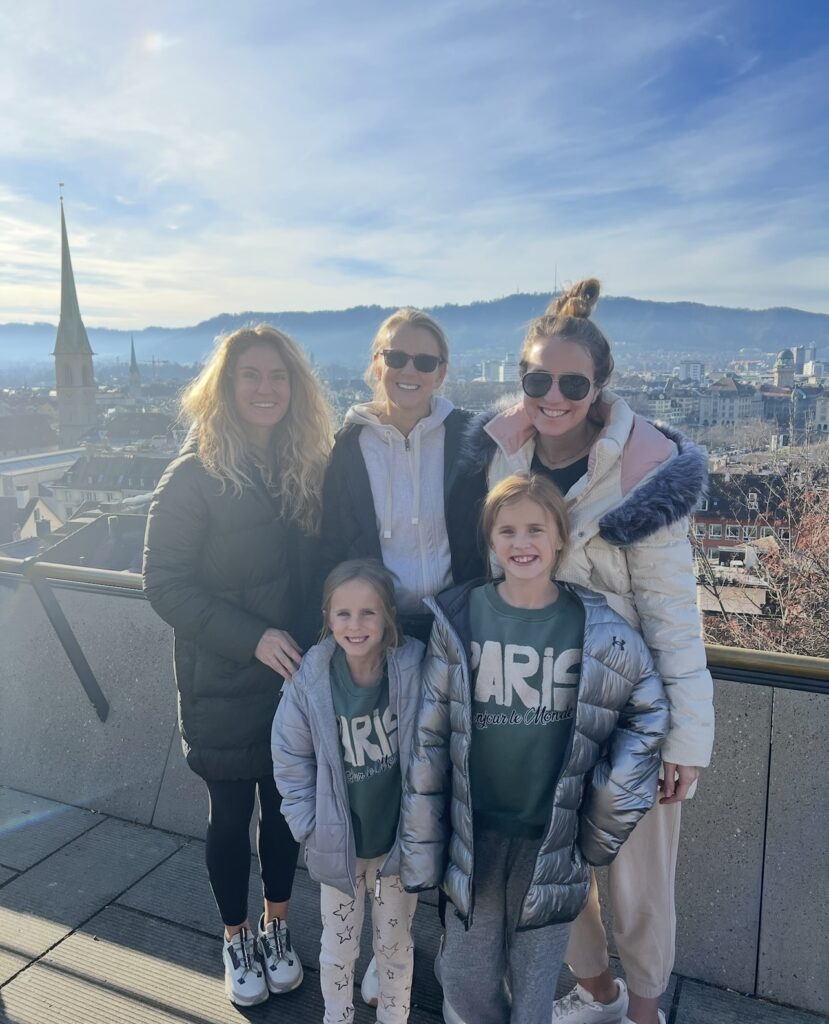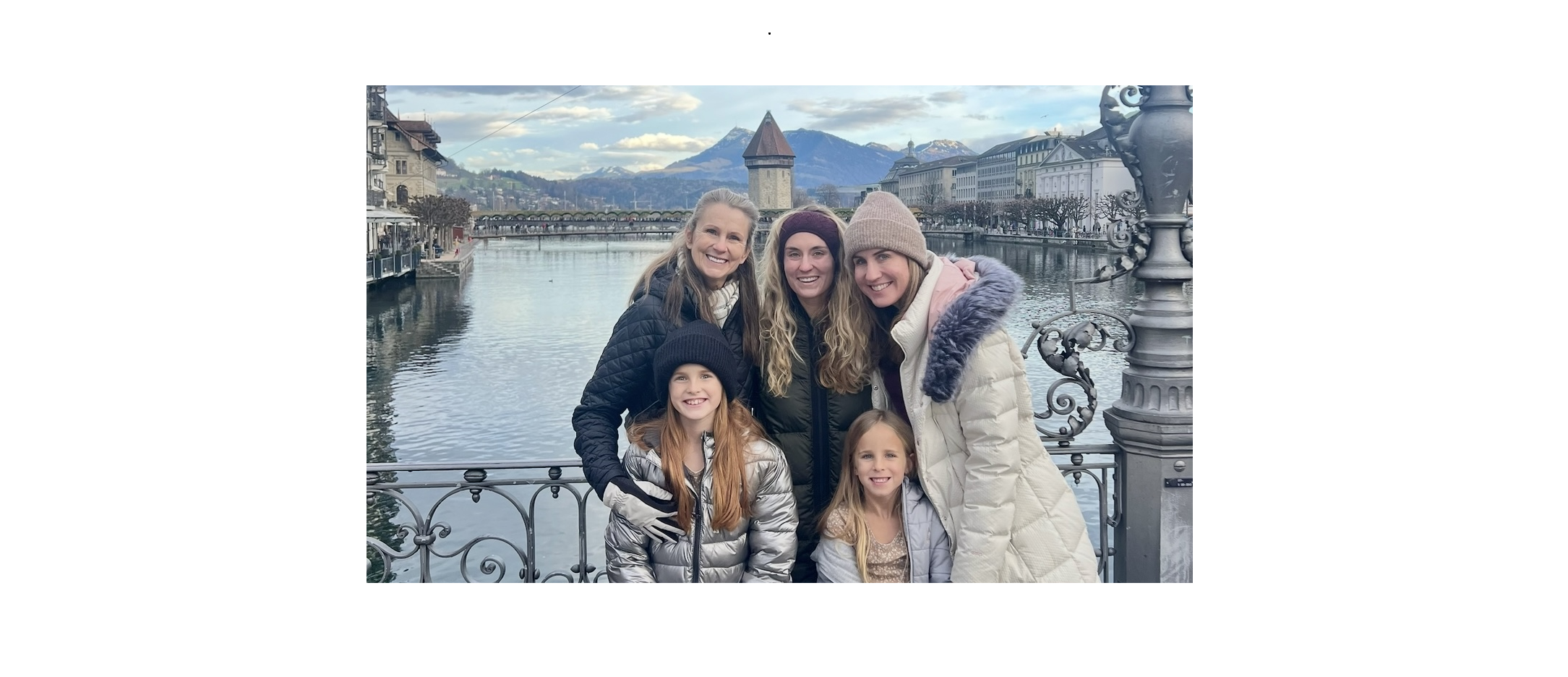This October, during Breast Cancer Awareness Month, I celebrate my mom and all the incredible breast cancer survivors I have met over my career.
My favorite part of working in patient advocacy and engagement is finding ways for patients and caregivers to share their lived experiences – whether it be through legislative and regulatory advocacy, in speaking with researchers, through public awareness opportunities, or in forums that are important to the patient or caregiver.
In 2015, my professional and personal life collided in the worst way. My mom, at age 51, was diagnosed with Stage II breast cancer. I was a new mom myself and at the same time, was faced with losing my own mom.
Much like so many of the incredible patients and caregivers I have worked with over the last decade, my mom was an advocate for herself from the first moment she felt a lump. Following a mammogram, the doctor was not concerned and recommended following-up in six-months. My mom knew her body and knew something was wrong. She persisted and was able to get an ultrasound and biopsy which then showed the spot was cancerous. Had she not done that, she might not have had the good prognosis that she did. She also advocated having genetic testing completed so that my sister and I (as well as my daughters) would know whether we were potentially positive for the BRCA gene.
Her advocacy journey did not stop once her testing and treatment were over. After entering remission in 2016, there were several medications that she would need to take for the rest of her life to heal herself from the chemotherapy and to keep the cancer from recurring. One of these medications was to support her bone health. After having great success on a medication for this, her employer switched insurance companies, and the new company denied her receiving the original treatment. They said she needed to go back and fail on a less effective medication before she could have access to the treatment she already knew was working.
For years, I have supported patient and physician advocacy around step therapy reforms. And here was my own mom being faced with a forced step protocol that we knew could negatively affect her health. Once again, my mom advocated for herself, and with help from her physician, she was able to remain on the treatment that was best for her.
Now, nearly ten years later, my mom is thriving! In 2020, she moved from Ohio to Florida and has continued her career as an elementary school teacher. She has taken up hiking and traveling the world during her breaks from school – including completing the Camino de Santiago in Spain and Portugal, hiking the rim to rim of the Grand Canyon in 24 hours, and most recently, traversing the countries of New Zealand and Turkey. When she is not teaching and adventuring, she is serving in her most important role as “Mimi” to her two granddaughters, Eleanor and Rosalynn. Along with my sister, we all spent winter break together this past year in Switzerland, Paris, and Amsterdam. I am so grateful that because my mom advocated for herself and for her health, that she has the opportunity to continue to live life to the fullest post-cancer.
Through my professional life over the last decade, I have had the opportunity to work with incredible patient advocacy organizations to identify these opportunities to champion patients and caregivers and their stories. I’ve worked with organizations including Susan G. Komen, The American Cancer Society, METAvivor, and on a more local level, The Pennsylvania Breast Cancer Coalition. As I carry on this work with VOZ, it is my hope that I can continue to find ways for patients and caregivers to share their lived experiences and ensure through advocacy that they have access to the treatments their physicians believe are best for them.
–
Contributed by Danielle Pantalone – Vice President, Client Services





